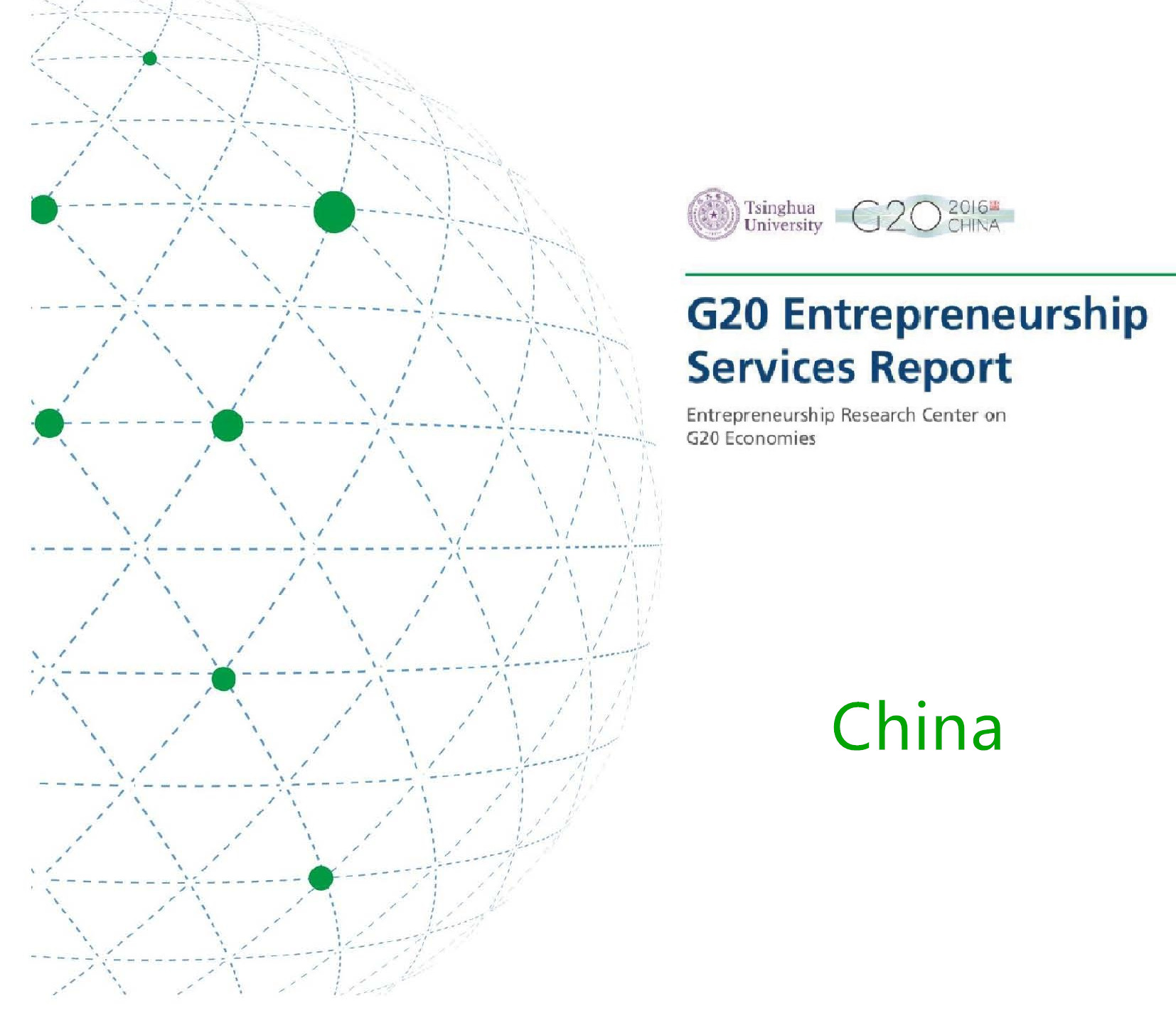
Summary
The Chinese government has enacted the Law on Small and Medium-Sized Enterprises (SME). On the basis of the Law of the People's Republic of China on the Promotion of Small and Medium-sized Enterprises in 2002, the Chinese government released the new version after amendment in 2018.
Premier Li Keqiang proposed in the 2018 government work report to promote public entrepreneurship and innovation. Since the “Mass Entrepreneurship and Innovation” strategy at the Summer World Economic Forum in 2014, the Chinese government has been committed to optimizing the environment for innovation and entrepreneurship at the policy level, and supporting the sustained and quality development. Since 2016, the Chinese government has also continued to improve the market environment for fair competition and deepen the commercial system reform. Measures are taken to greatly streamline business-related licenses, for instance, three certificates in one, multi-certificates in one, tax and land tax joint operation, decentralizing or canceling administrative approvals in large numbers and lowering the overall cost of entrepreneurship.
China’s entrepreneurship service system is mainly composed of the executive meetings of the State Council, the State Council’s Leading Group for Promoting the Development of SMEs, in addition to ministries, commissions and agencies directly under the State Council, local governments at all levels, as well as enterprises, banks, higher learning institutions and social organizations.
Chinese government introduced tax reduction measures for SMEs in 2017 and 2018, respectively. Prior to that, it also introduced tax preferential measures for incubators, technology-based SMEs and supported enterprise R&D, and exempted SMEs within a certain range from value-added tax and business tax, and reduced or eliminated a number of administrative fees.
The Chinese government attaches great importance to optimizing the capital market, constantly innovating bank supports and enriching the financing channels for MSMEs. Through the combination of central finance and nongovernmental capital, China set up a national SME development fund in 2015 and focuses on supporting the growth of seed and growing SMEs. Since 2016, the government has expanded the scope of business guarantee loans, provided business guarantee loans with interest discount. Preferential tax policies were introduced in 2017 and 2018 to stimulate venture capital and help start-ups and SMEs solve their financing problems. The development of Chinese venture capital has expanded financing channels for entrepreneurial innovation enterprises and MSMEs. The People’s Bank of China has formulated a credit policy that favors SMEs, while commercial banks in various countries provide financing services for SMEs.
The Chinese government regards promoting the transfer and transformation of scientific and technological achievements as an important task in of “mass entrepreneurship and innovation”. Since 2016, specific action plans have been formulated to improve the technology transfer mechanism. The Chinese government has also set up a national fund to guide the transformation of scientific and technological achievements. The Chinese government authorities provide policy consultation and public information services for innovative start-ups and MSMEs through Internet platforms. China Mobile, China Telecom and China Unicom jointly launched the special action of speeding up Internet speed and reducing fees in 2017 to support the Internet usage.
The Ministry of Finance, the Ministry of Industry and Information Technology, the Ministry of Science and Technology, the Ministry of Commerce, and the State Administration for Industry and Commerce jointly launched the “mass entrepreneurship and innovation base” to provide workspace for entrepreneurs, which has expanded rapidly. In 2017, the Chinese government released a service standard for incubator workspace and implemented the national filing measures in order to guide the sustainable and healthy development. The Chinese government continues to hold the “mass entrepreneurship and innovation” campaign week by setting up a platform for exchange of innovation and entrepreneurship services. It also holds the national innovation contests through awards instead of subsidies. Other departments such as the China Council for the Promotion of International Trade (CCPIT) have also actively promoted the development of exchange platforms for entrepreneurship and innovation.
The Chinese government continues to deepen the innovation and entrepreneurship education reform in higher learning institutions. At the same time, Chinese government has actively promoted the mass entrepreneurship and innovation education reform demonstration, played the guiding role of venture capital, and strengthened entrepreneurship education and training. Chinese higher learning institutions have included innovation and entrepreneurship compulsory courses, and have supported and trained student entrepreneurship teams and enterprises. Such measures include building incubators and accelerators and holding entrepreneurship contests. Tsinghua X-Lab, Tsinghua Management Entrepreneur Accelerator and Tsinghua University’s “President Cup” Innovation Challenge are typical examples. China has established the Innovation and Entrepreneurship Education Alliance, whose members include not only higher learning institutions but also many enterprises, featuring cooperation between higher learning institutions and enterprises. China’s entrepreneurship trainings have also made great progress in terms of scale, faculty strength and coverage of overseas students, migrant workers and women. Institutions for high-growth entrepreneurs, such as Hundun University, Dark Horse University and Hupan University are established. China’s policy of “mass entrepreneurship and innovation” has a far-reaching impact on the entrepreneurial culture.
With the further development of “mass entrepreneurship and innovation”, the growing group of entrepreneurs, especially private entrepreneurs, is playing an increasingly important role in promoting economic development, especially in establishing a socialist market economic system in China. At present, China’s economy is in a critical period of transformation and upgrading. It is urgent to vigorously stimulate and protect entrepreneurship, protect the legitimate rights and interests of entrepreneurs, and encourage more social subjects to engage in innovation and entrepreneurship.